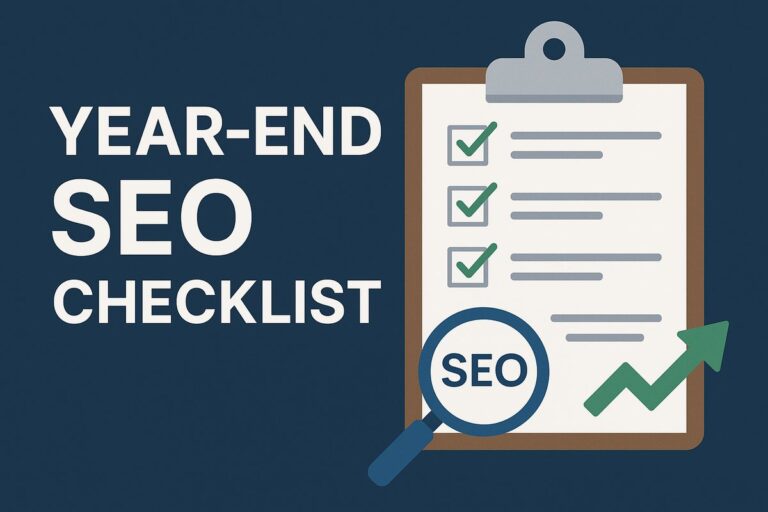“`html
The Future of AI in Digital Marketing: Trends for 2025
As we venture into the future, the integration of AI in digital marketing is no longer a distant dream but a rapidly approaching reality. By 2025, AI digital marketing trends will dramatically reshape the landscape, offering unprecedented opportunities for tech-savvy marketers and digital strategists. This article delves deep into the emerging trends that are set to redefine the industry, providing both a roadmap and actionable insights to harness these advancements effectively.
1. Emerging AI Technologies Impacting Digital Marketing in 2025
AI technologies are evolving at an exponential rate, and their impact on digital marketing is profound. From machine learning to chatbots and predictive analytics, these technologies are streamlining operations and enhancing customer engagement.
Machine Learning: The Backbone of AI in Marketing
Machine learning is at the core of AI advancements, enabling systems to learn and improve from experience without explicit programming. By 2025, machine learning will further enhance personalized marketing strategies, allowing businesses to deliver tailor-made content and offers.
- Contextual Advertising: Machine learning algorithms can analyze user data to create highly targeted advertisements that resonate with individual preferences.
- Customer Segmentation: Enhanced segmentation through machine learning allows marketers to categorize customers based on behavior, increasing the efficiency of campaigns.
Example: Consider a retail company using machine learning to analyze customer purchase history and browsing patterns. By doing so, they can predict future purchases and create personalized recommendations, significantly boosting sales.
Chatbots: Revolutionizing Customer Interaction
Chatbots are transforming customer service by providing instant responses and solutions. In 2025, chatbots will utilize advanced natural language processing (NLP) to understand and engage with customers more effectively.
“By 2025, chatbots will handle 85% of customer interactions, providing a seamless and efficient experience.” – Industry Expert
Practical Example: A financial institution employs chatbots to handle routine inquiries such as balance checks and transaction history. This not only improves response time but also frees up human agents for more complex queries.
Predictive Analytics: Anticipating Customer Needs
Predictive analytics involves using historical data, algorithms, and machine learning to forecast future outcomes. By 2025, predictive analytics will become pivotal in crafting proactive marketing strategies.
- Enhanced Customer Insights: Predictive models help anticipate customer needs, enabling timely interventions and recommendations.
- Optimized Campaigns: Marketers can predict the success of campaigns by analyzing patterns and adjusting strategies accordingly.
Guidance: To implement predictive analytics, start by gathering comprehensive data across all customer touchpoints. Use advanced analytics tools to process this data and generate actionable insights.
Common Challenges and Solutions
Despite its potential, integrating AI in digital marketing presents challenges such as data privacy concerns, implementation costs, and technical complexities.
- Data Privacy: Ensuring compliance with regulations like GDPR while utilizing customer data is crucial. Solution: Implement robust data encryption and transparency policies.
- Implementation Costs: High costs can deter adoption. Solution: Leverage cloud-based AI services to reduce infrastructure expenses.
- Technical Complexities: Integration requires specialized skills. Solution: Invest in training or partner with AI service providers for seamless execution.
Tools, Resources, and Next Steps
To stay ahead in the AI-driven digital marketing world, marketers should leverage tools such as Google Analytics for predictive insights and HubSpot’s CRM for enhanced customer interactions. Additionally, staying abreast of technological advancements through resources like industry journals and webinars is essential.
Additional Insights and Expert Opinions
“AI in digital marketing is not just about automation; it’s about creating value through deeper customer understanding.” – Tech Innovator
The future of AI in marketing lies in its ability to integrate seamlessly with human creativity and intuition. For instance, while AI can analyze data at unparalleled speeds, human marketers can interpret these insights to craft compelling narratives that resonate emotionally with customers.
Future Trends and Implications
As AI technology continues to evolve, its implications for digital marketing are vast. By 2025, expect AI to drive innovations such as hyper-personalized content delivery and real-time sentiment analysis. The integration of AI with augmented reality (AR) could offer immersive customer experiences, while blockchain technology may enhance security and transparency in digital transactions.
Conclusion:
The future of AI in digital marketing promises a transformative journey characterized by innovation and enhanced customer experiences. By embracing these trends now, businesses can position themselves at the forefront of this digital revolution. In doing so, they will not only meet but exceed the expectations of their digitally-savvy customers. As we look towards 2025, the fusion of AI technologies into digital marketing strategies will redefine how brands connect with their audiences, driving growth and ensuring long-term success.
“`
